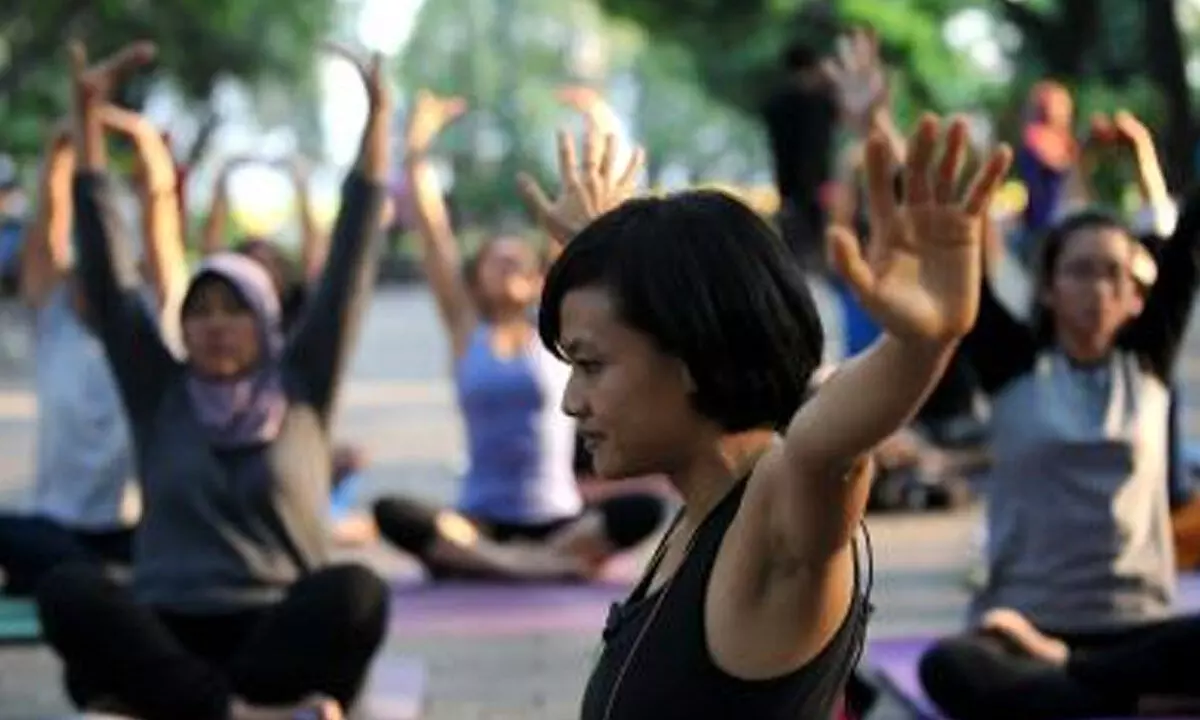Live
- 10 Tried-and-Tested Home Remedies for Toothaches
- Thila Taila Abhishekah Pooja to Lord Shaneswara
- Priyanka Gandhi says BJP talking of 'tinkering' with Constitution with PM’s nod
- Vishwak Sen unveils gritty avatar as ‘Lankala Rathna’ in ‘Gangs of Godavari’ teaser
- ‘Kalki 2898 AD’ locks release date; film to entertain audience from June last week
- LS polls: PM Modi says BJP-NDA leading 2-0 after first two phases
- Plea in Madras HC seeks special polling arrangement for names 'missing' from Coimbatore voter list
- Ex CM KCR Bus tour on 4 th day
- Youth National Games 2024 kick-start in Delhi; over 5,000 athletes from 15 states vying for top honours
- TN Police warn people against fraudsters using AI-based voice cloning








